#OceanOptimism and #ClimateHope – Finding Positive Environmental and Sustainability Content on Social Media
Stephanie Ferguson, The Idea Tree Consulting
February 12, 2016
As a social media manager I see a lot of negativity online, especially in the environmental movement. Often we post only the bad news, which is of course a necessary first step to tackling a problem, but sometimes overwhelming. And it can result in so many comments that are simply humanity-hating, decrying our very species as a plague on the Earth. Such comments are so counter-productive as they imply we can not change or build a sustainable society, but are doomed by our “nature” to simply destroy and use-up.
So it’s a relief to find positive, forward-looking content on sustainability and the environment on social media, and there are two hashtags are out there that can help you find it.
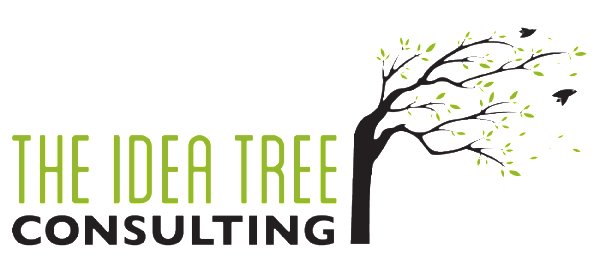
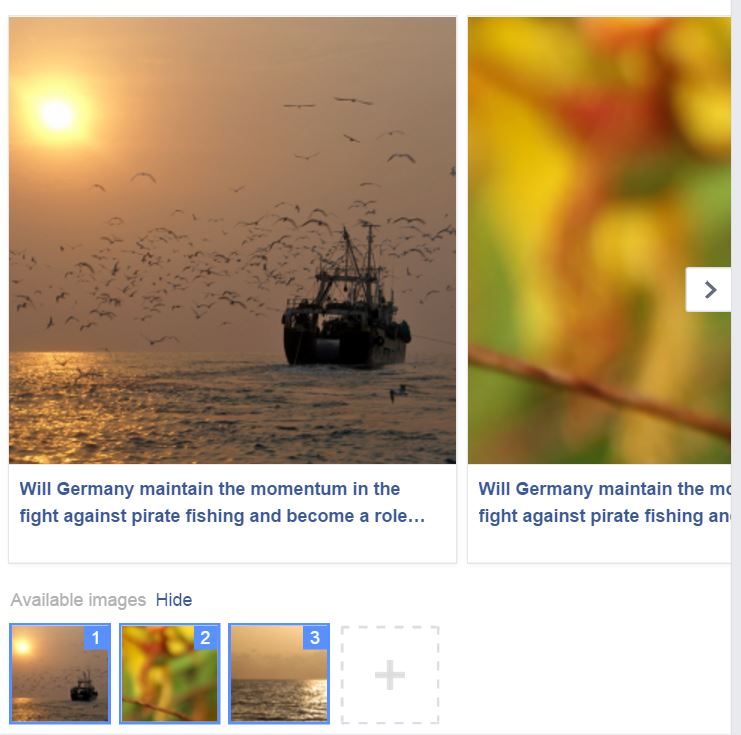
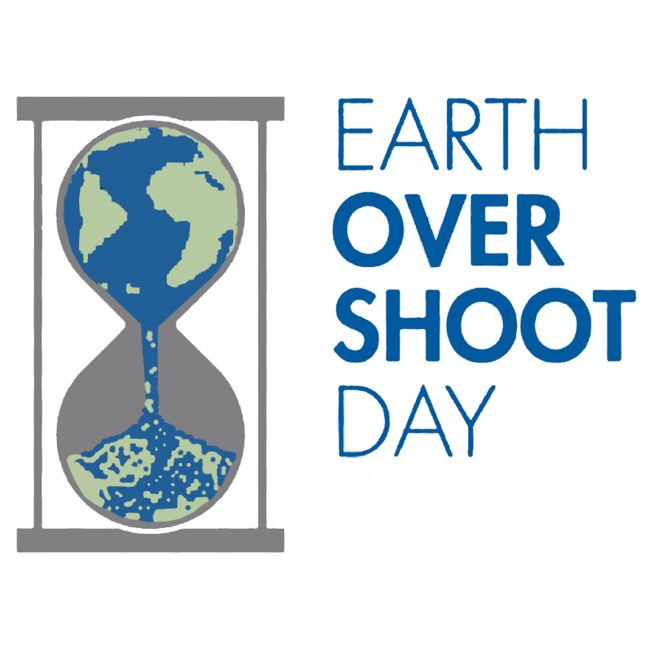
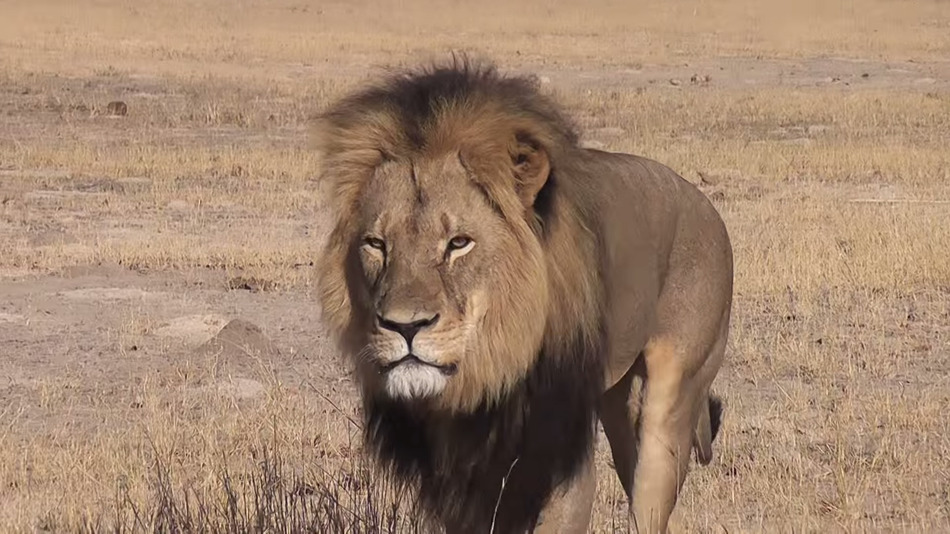
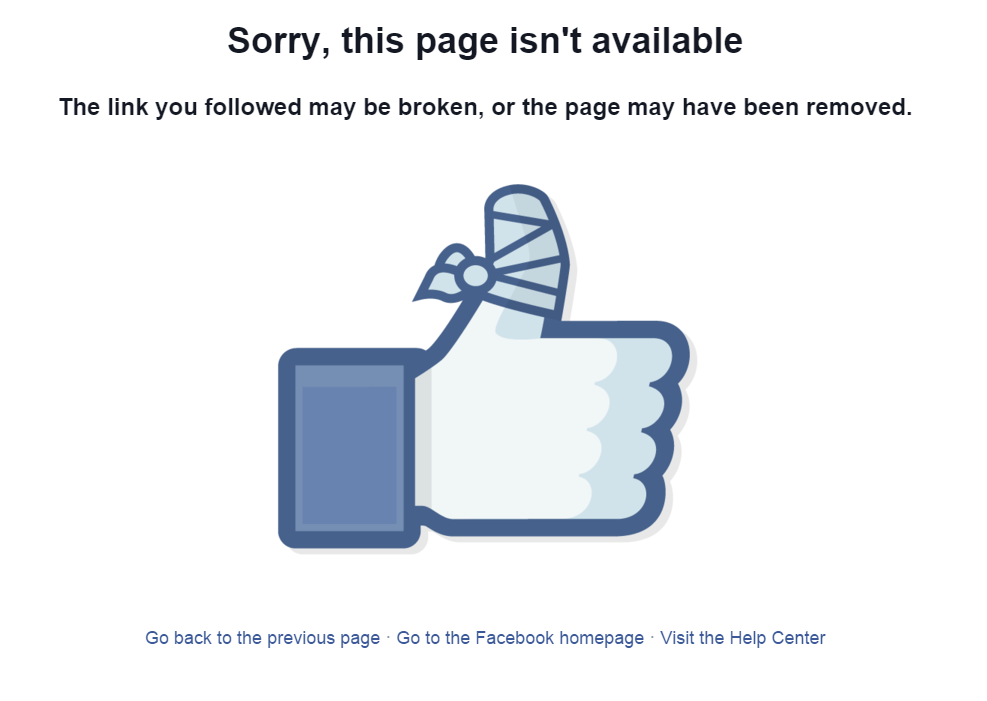
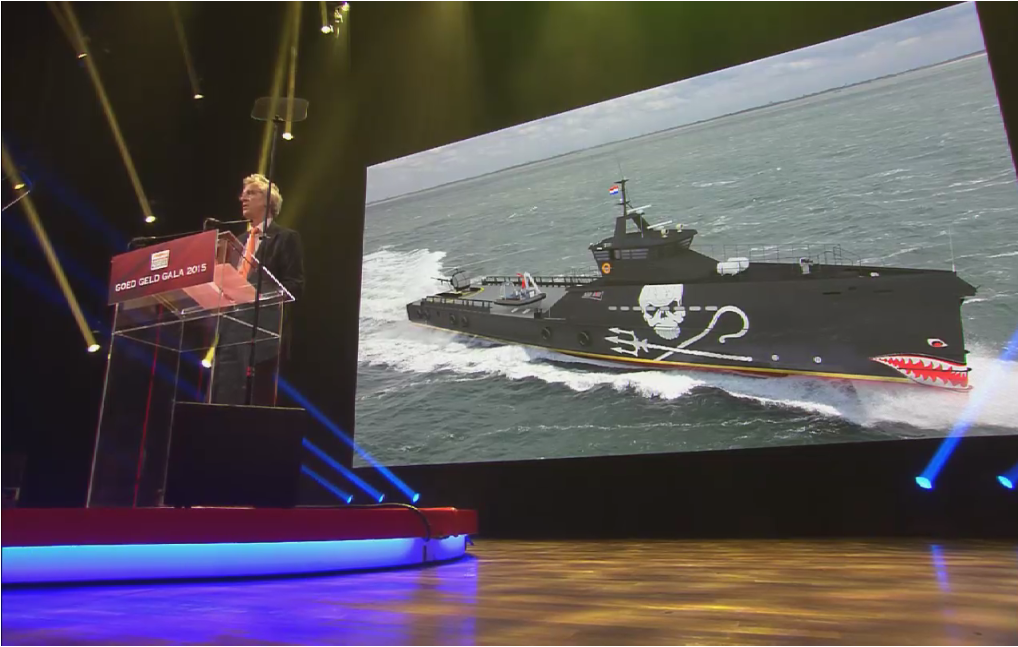 n January 26th, 2015, The
n January 26th, 2015, The